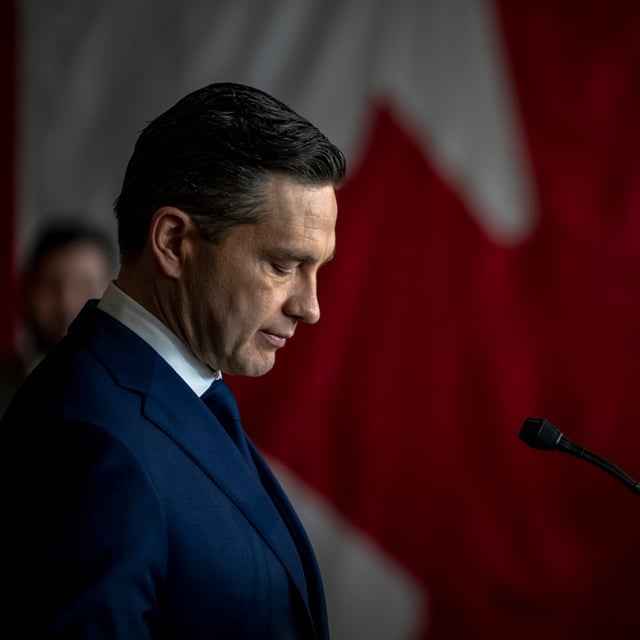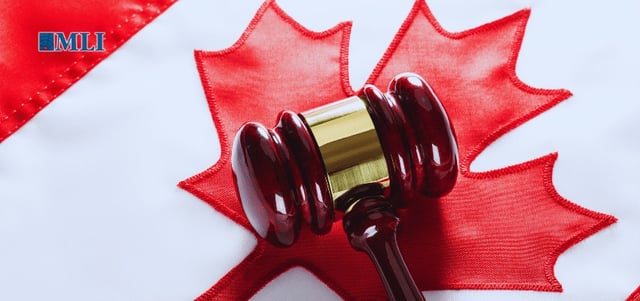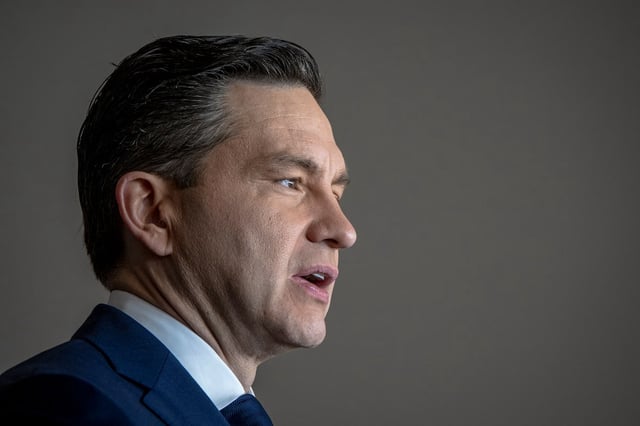Overview
- Pierre Poilievre has formally committed to invoking the notwithstanding clause at the federal level to restore consecutive life sentences for multiple murderers, overturning a 2022 Supreme Court ruling.
- The Supreme Court had unanimously struck down the legislation, deeming it cruel, unusual punishment, and incompatible with human dignity.
- This would mark the first federal use of Section 33 of the Charter, a provision historically employed by provinces on issues like language laws, education, and labour rights.
- Critics argue the move undermines Charter protections, risks abuse of power, and sets a dangerous precedent for judicial oversight in Canada.
- Poilievre frames the proposal as addressing perceived gaps in the justice system and responding to public demand for tougher sentencing policies.



